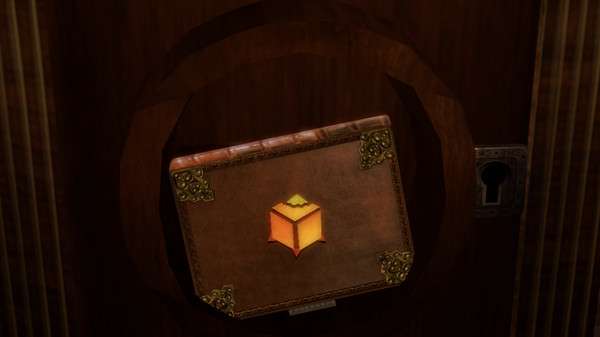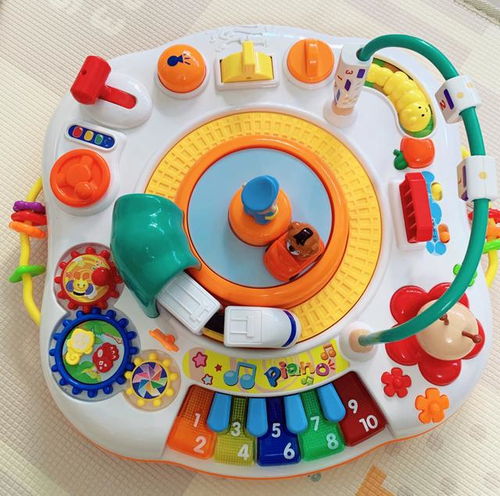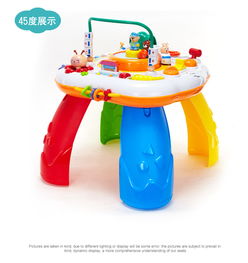Introduction to Tabletop Games

Tabletop games have been a staple of entertainment for centuries, offering a unique blend of strategy, creativity, and social interaction. These games, played on a flat surface, range from classic board games to intricate card games, each with its own set of rules and objectives. In this article, we will explore the world of tabletop games, their history, types, and the benefits they offer to players of all ages.
History of Tabletop Games

The origins of tabletop games can be traced back to ancient civilizations, where games like Senet and Mancala were played in ancient Egypt and Sumer, respectively. Over time, these games evolved, and new ones were created, reflecting the cultural and social values of their time. The Renaissance period saw a surge in the popularity of card games, while the 19th century brought about the rise of the modern board game industry.
Types of Tabletop Games

Tabletop games can be broadly categorized into several types, each with its own unique characteristics:
Board Games
Board games are played on a board with pieces that are moved according to the rules of the game. Examples include Monopoly, Chess, and Carcassonne.
Card Games
Card games are played with a deck of cards, and the objective is often to collect a certain combination of cards or score points. Poker, Bridge, and Go Fish are popular examples.
Miniature Games
Miniature games involve the use of miniature figures and terrain to simulate battles or other scenarios. Games like Warhammer 40,000 and Dungeons & Dragons fall into this category.
Puzzle Games
Puzzle games challenge players to solve a problem or complete a task using logic and strategy. Examples include Sudoku, Jigsaw puzzles, and Rummikub.
Benefits of Playing Tabletop Games

Playing tabletop games offers numerous benefits, both for individuals and for society as a whole:
Enhanced Cognitive Skills
Tabletop games require players to think critically, strategize, and solve problems, which can improve cognitive skills such as memory, attention, and decision-making.
Social Interaction
Tabletop games are a great way to bring people together, fostering communication, teamwork, and camaraderie. They can be played with friends, family, or even strangers, making them a versatile form of entertainment.
Stress Relief
Engaging in a game can be a fun and effective way to relieve stress, as it provides a mental break from daily routines and responsibilities.
Learning and Education
Many tabletop games are educational, teaching players about history, geography, mathematics, and other subjects. They can also help children develop important life skills, such as patience, sportsmanship, and cooperation.
Tabletop Gaming Communities

Tabletop gaming has a vibrant community of enthusiasts who share their passion for games through conventions, clubs, and online forums. These communities provide opportunities for players to meet like-minded individuals, learn new games, and participate in organized play events.
Conclusion

Tabletop games have stood the test of time, offering a rich and diverse form of entertainment that caters to a wide range of interests and skill levels. Whether you're a seasoned gamer or a casual player, there's a tabletop game out there for you. So why not gather some friends, break out the board, and embark on a new adventure?
Tags

